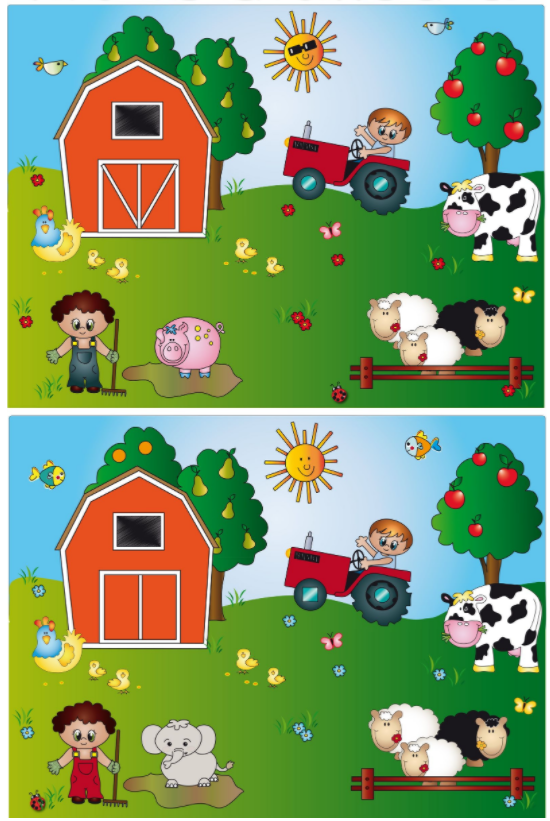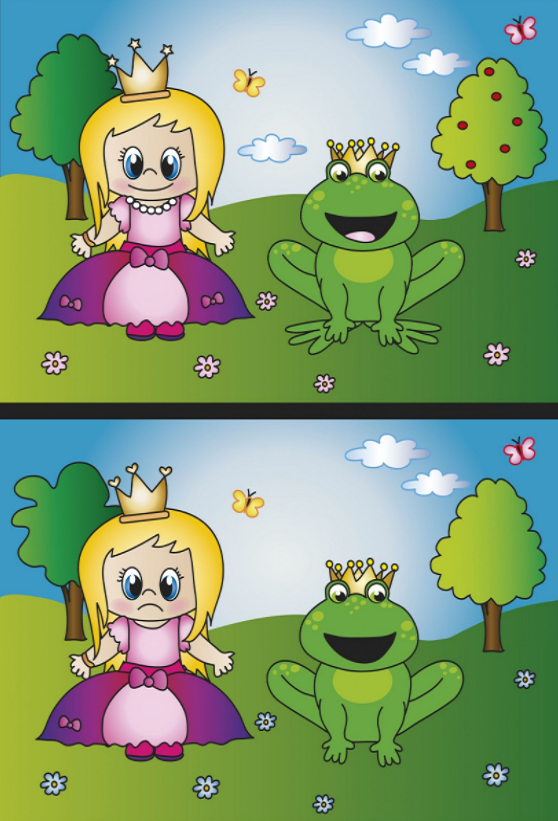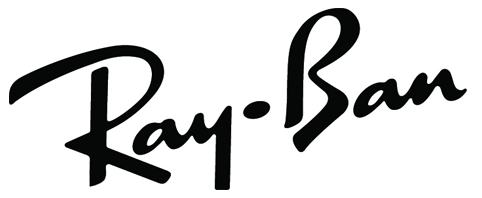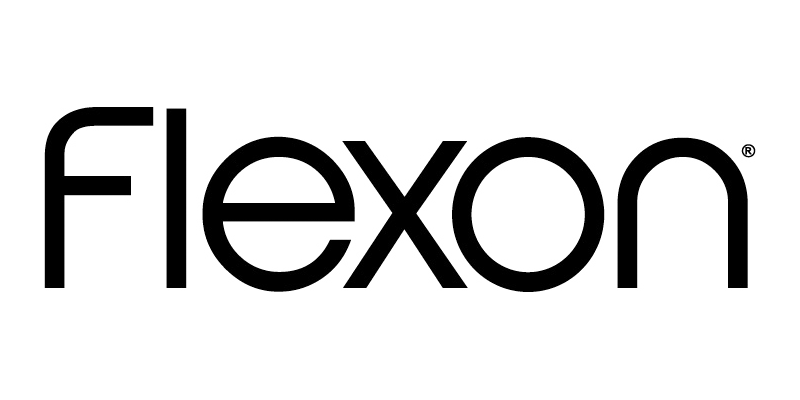Young children are generally not aware they have a vision problem as their vision does not suddenly go blurred, they do not complain as they do not realise that something is wrong.
Therefore, we recommend that children have eye examinations from an early age in the same way that they would have dental exams.
Generally, a child should have their first eye exam at about age 4. If there is a family history of Strabismus (eye turns) or Amblyopia (lazy eye) or if there is another concern the eye examination should be sooner. If all is well at 4, an annual check-up is appropriate.
Having your children’s eyes checked regularly is important. After all vision plays a critical role in how your child learns about the world. Research has shown that one in five school children have an undetected eye problem. Maria has a special interest in Behavioural Optometry. She has completed OTV1 OTV2 and OTV3 in the UK and in the future she aspires to complete OTV4 and OTV5.
Behavioural Optometry considers your vision in relation to your visual demands, such as reading, computers, and learning to read and write, to ensure your vision is working easily and comfortably. The way that you interpret what you see does not depend solely on how clear just your sight is.
Just for fun – Visual Skills Games for Children
Spot The Difference
See if your children can spot all the 10 differences in both the images below.













